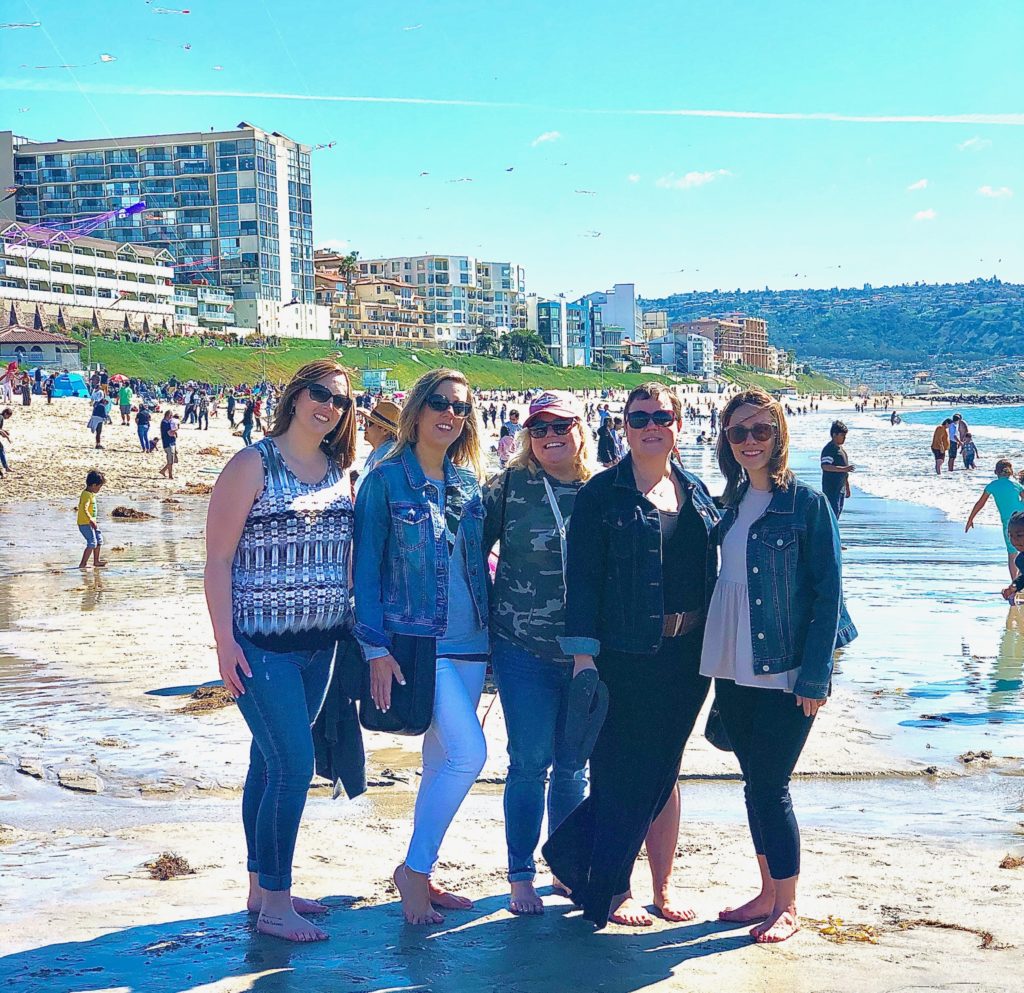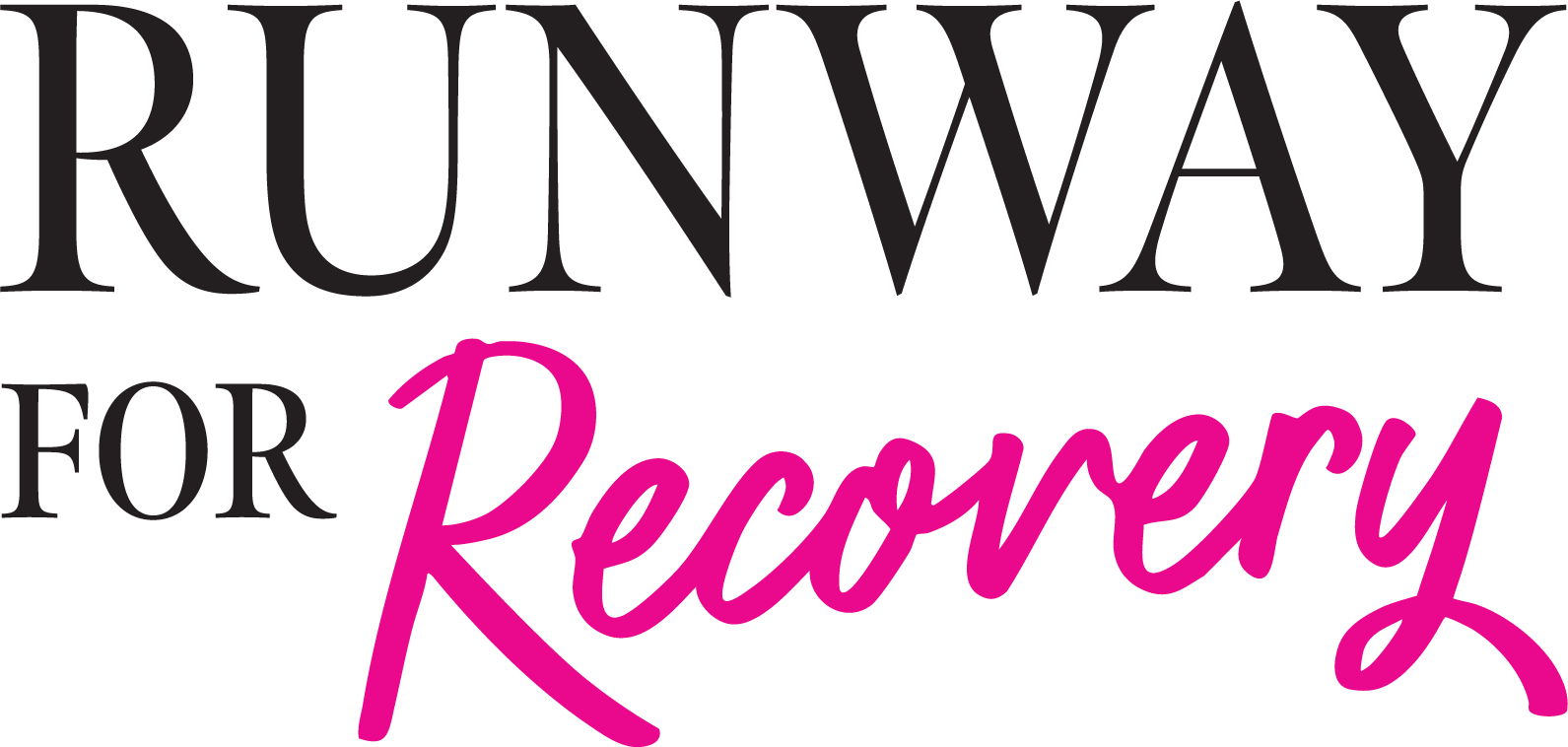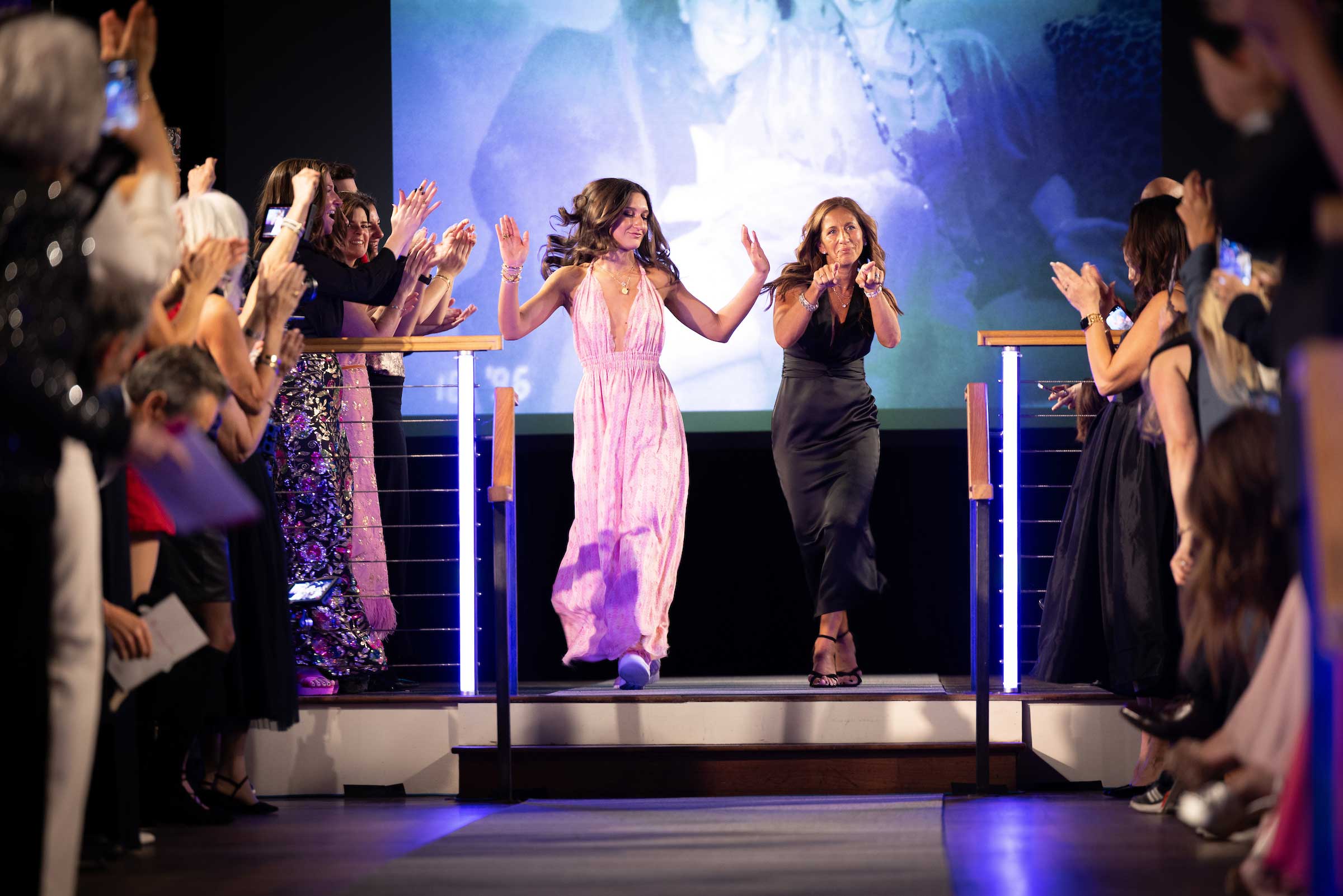Meet the Models: Kelly Cassier
Kelly Cassier is no stranger to medical isolation. She technically has been in some form of quarantine since 2017, when she was diagnosed with breast cancer and began treatment. Her diagnosis was not a total surprise, as Kelly’s mother, sister, aunt and cousin are all breast cancer survivors. Kelly was only 20 years old when her mother received her diagnosis and at the time, genetic testing was of little prominence. However, in 2016, given her family history, Kelly began proactive testing to better understand her chances of developing cancer. She came to find she has the CHEK2 gene, putting her at particular risk for developing cancer of the breast, colon and ovaries. This risk meant regular screenings and after a colonoscopy revealed a pre-cancerous polyp that needed removal, Kelly went in for a mammogram that, shockingly, came back clear. It would take an MRI six months later to show she actually had breast cancer.
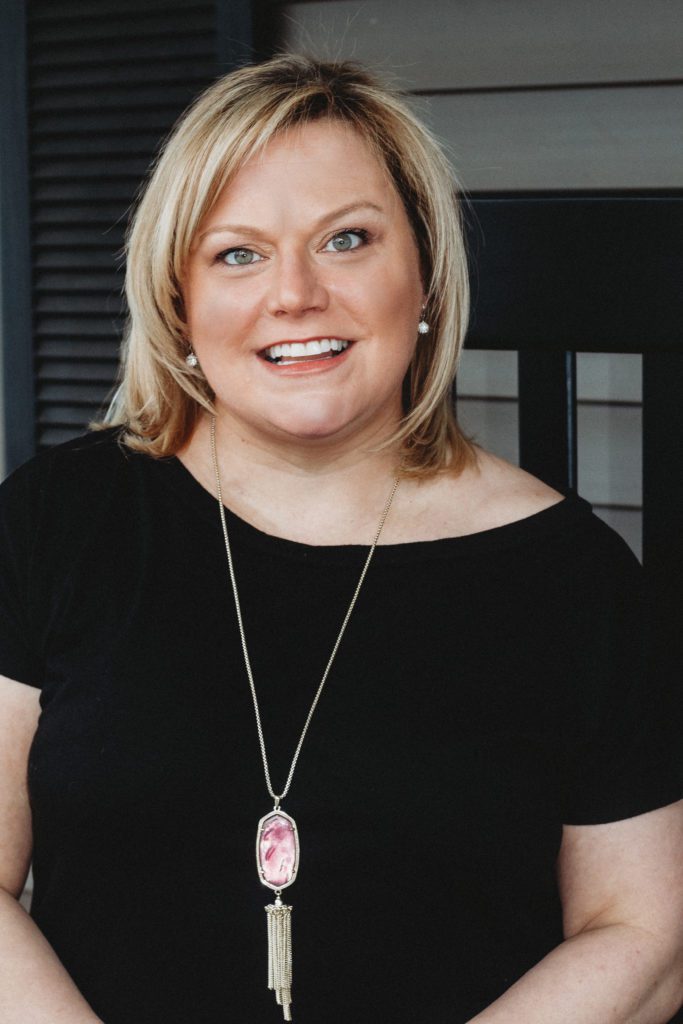
The timing of the cancer diagnosis was particularly cruel. On October 25, 2017, Kelly received news from her doctors that she had breast cancer while in the airport awaiting a plane to Disney World with her two children, ages 2 and 4. With that, her world catapulted into a new reality. She relied on her incredible medical team at Dana Farber/Brigham and Women’s and began treatment. In November 2017 she had a double mastectomy and reconstruction. While initially presumed to be stage 1, a follow up surgery six months later for a full auxiliary node dissection made it clear Kelly was indeed, stage 3. Post- surgery, Kelly began chemo and radiation. The side effects- both mental and physical- were difficult. She developed lymphedema (intense swelling) and the expanders put in after the mastectomy caused intense pain that would keep her up at night. Mentally, Kelly was plagued with thoughts of mortality- if she passed, where would that leave her family- would her children, both so young, remember her?
Nonetheless, she forged ahead, receiving a diep flap reconstruction in September 2019, finally ridding her body of the painful expanders. After years of pain, the healing process from the surgery was welcomingly smooth. She will go in for her final reconstruction surgery and removal of her remaining ovary in May. An already nerve-wracking time, COVID-19 restrictions will complicate the process. She will need to arrive days early to be tested for COVID before getting clearance to go in for surgery. It’s obvious that while today’s health crises affects us all, it is particularly emotionally, mentally and physically challenging for those, like Kelly, who are currently in treatment.
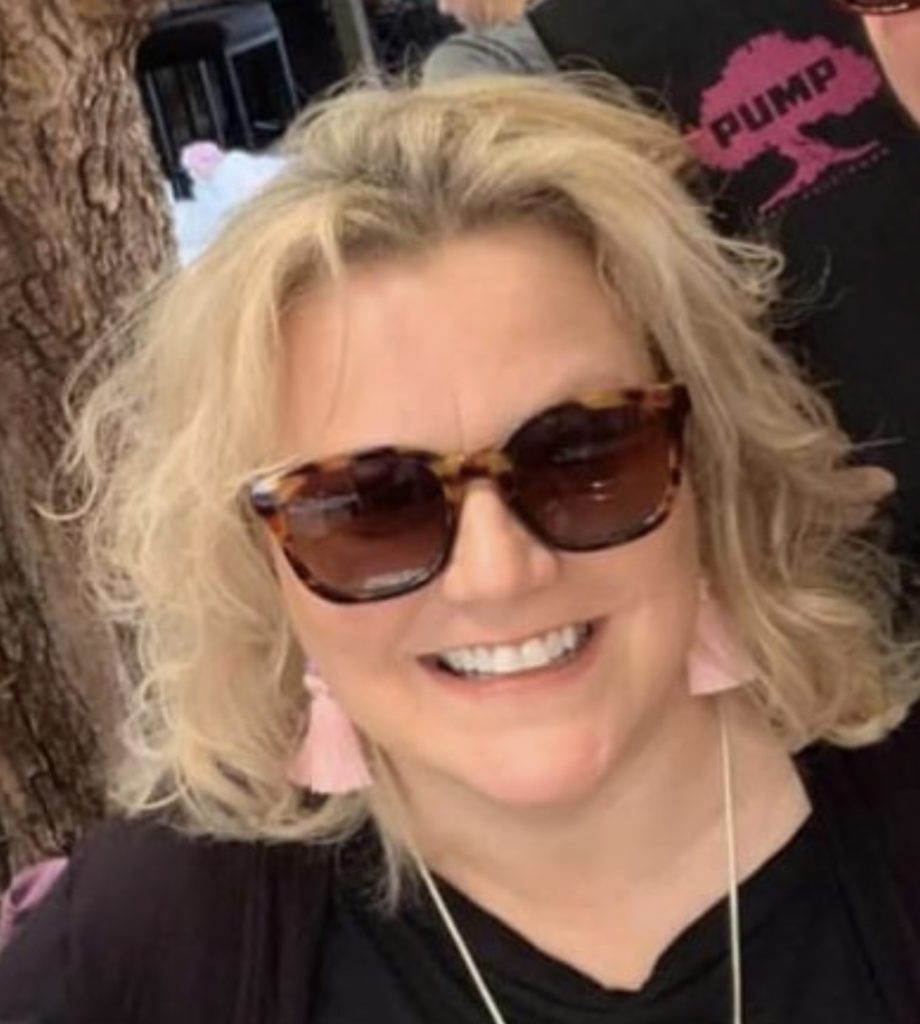
When asked how she is staying sane with the added layer of chaos of in the world, Kelly notes that she is well practiced at medical isolation since treatment began in 2017, but having her family with her has helped. She keeps it simple, finding joy in things like family bike rides. Her tone is particularly prideful when she talks about her six year old, who just conquered biking without training wheels. It’s a reminder that simple acts of happiness can be so fulfilling. Kelly’s self-care carries a theme of biking. After recently purchasing a Peloton, Kelly and her husband ensure that they each get an hour a day of singular self maintenance, achieved via the upbeat classes the company offers. They both love it and Kelly notes that the alone time, to take a break from homeschooling, cooking and more, is essential to both of their mental wellness.
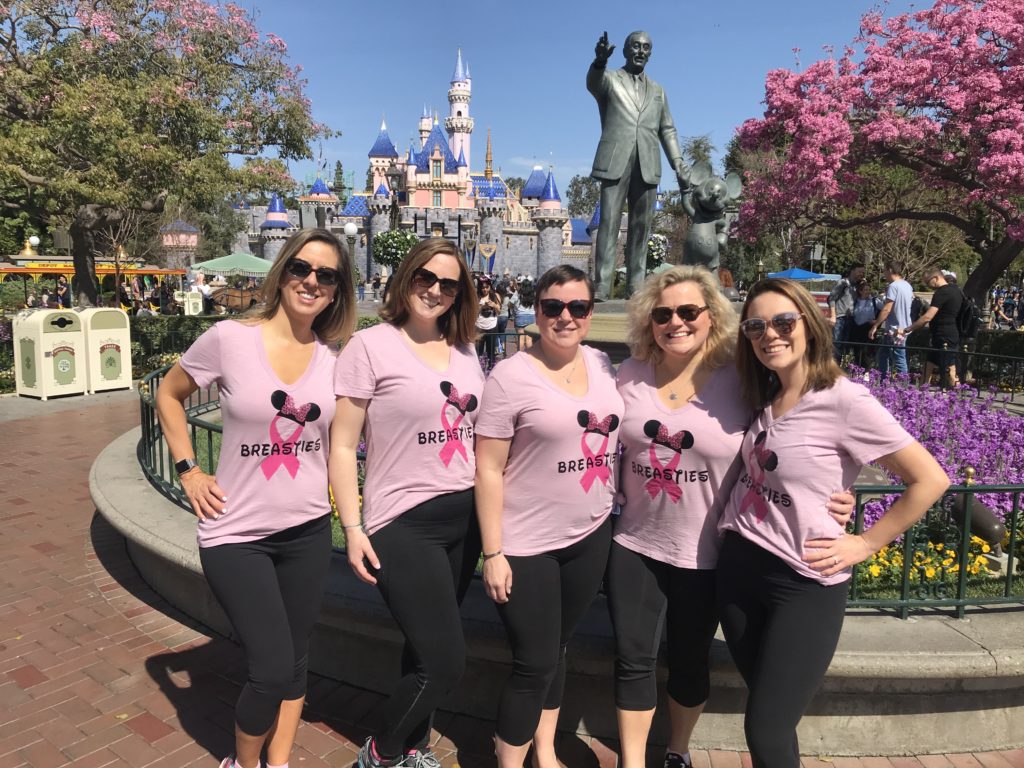
It’s no surprise that its the tribe of women around Kelly who she credits for much of her survival during treatment. All either in treatment or survivors themselves, they have been there every step of the way. The five of them text constantly about anything and everything, but especially the in-treatment topics that are rarely spoken about publicly- from sexual issues during chemo to medical menopause to stomach side effects. Their group text, which she notes is ‘dinging’ nearly 24/7, has been a lifeline during her difficult battle. In an effort to make sure every woman feels the type of support they have given one another, the group has formed the South Shore Breast Cancer Foundation, focusing on acts of kindness for those who are currently in treatment. It’s a reminder that support systems, especially during times of isolation, are essential. Simply put, Kelly says, “I don’t know what I would do without them.”
